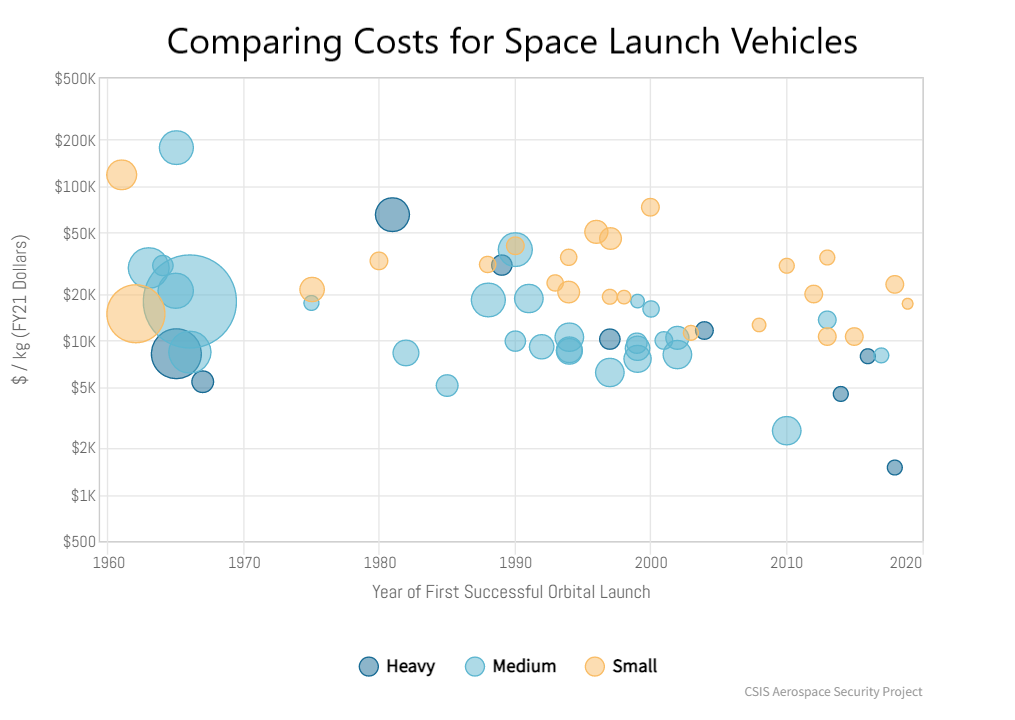Planning for retirement can be stressful, especially if you can feel retirement age quickly approaching and you do not have enough saved. It is such a stressful task that many simply hand it over to a financial advisor and forget about it. Someone else tells them what they need to have saved, and they leave it at that, but most of these calculations are based on many assumptions. To calculate what you will need more accurately, you need to consider a few spending trends among retirees.
Stages of Retirement
Based on averages, planners will tell you to plan to spend between 55-80% of what you make while you are working every year throughout your entire retirement years. They also tell you to increase that by about 6% if you plan to be active. They also expect your healthcare expenses to account for 15% of your retirement living expenses. This is the traditional idea of retirement, but many retirees are now choosing a different approach.
One of the things that this traditional view of retirement does not consider is that retirement spending seems to follow stages. Most retirees spend more in the first five or ten years of retirement than they spend in the second stage of retirement. This is because they are in relatively good health and want to live out their retirement dreams.
The second stage of retirement usually kicks in around age 75. At this point, spending usually settles back into a lower level. Stage three is anywhere from 75 onwards when spending is even lower. At the end of life, medical expenses can kick back up again if insurance is not adequate to cover them. As you can see, spending does not stay at the same level, which means that you will not need as much as you grow older, except for medical expenses.
Lifestyle
Another thing that these standard formulas do not consider is that we are now more active for a longer time. Many retirees see retirement as a time to start their own business, and they can still contribute substantially to their savings for a time in later years when they want to slow down. Your contributions and investments do not have to stop when you no longer have a job in the “traditional” working world.
Also, you will not have the same expenses in retirement as you did in your working years. Many have a paid-off mortgage, the kids are on their own, and there is more to put away. Another thing to consider is that you might want to spend more time doing things that do not cost money, like spending time with the grandkids, gardening, taking up artwork, or hiking.
Realistic Retirement Planning
When you consider your lifestyle goals during retirement, the expenses you will have, and the expenses you will not have, you can do a more realistic retirement budget than getting a standard answer from a calculator. You can factor in what you will receive from investments, social security, and other known income sources. Many retirees find themselves wanting to find a part-time job or start their own business. You can calculate how much you want to contribute post-retirement into the calculation, too.
Many people see retirement as a hard line, but that is a traditional view of retirement that is rapidly changing. Retirees now have more options to continue earning and contributing to their savings than in the past. It is not an all-or-nothing deal where you either made it or you didn’t. Retirement planning has many nuances, and you are the best one to determine how much you need to live the lifestyle you want in all stages of your post-retirement years.



